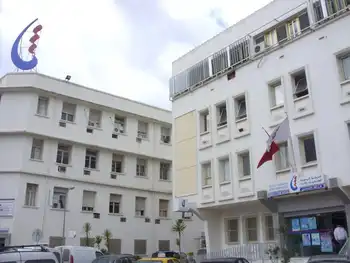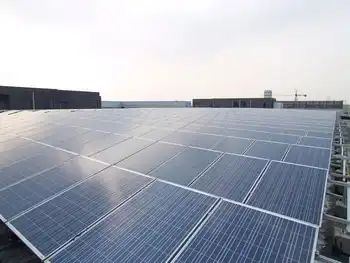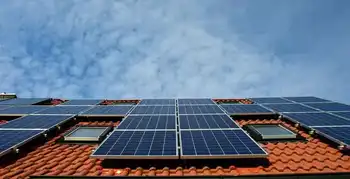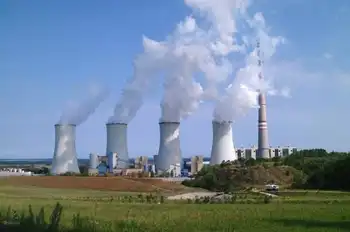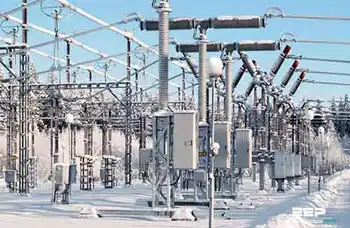China freezes some renewable IPOs
By Reuters
NFPA 70b Training - Electrical Maintenance
Our customized live online or in‑person group training can be delivered to your staff at your location.

- Live Online
- 12 hours Instructor-led
- Group Training Available
The government has made no official statement on the freeze, but sources with direct knowledge of the matter said the message had been communicated to executives and investment bankers looking to bring wind or solar power companies to the market.
"The government hasn't said so publicly, but certain sectors including polysilicon and wind are forbidden from hitting the primary IPO market," said a source familiar with the situation.
"They're holding approval for certain IPOs because of overcapacity concerns."
China Securities Regulatory Committee officials could not be reached for comment. The sources declined to be named because of the sensitivity of the issue.
Polysilicon is a raw material for solar energy products.
An IPO freeze would affect wind equipment manufacturers and polysilicon suppliers as they struggle with the equity to match their bank loans, and would particularly impact buyout firms seeking to exit investments in the renewable space to return money to investors.
Private equity and venture capital firms had expected the first half of 2010 to provide a positive climate for share flotations, but they have been disappointed by increasing market volatility — Hong Kong's benchmark Hang Seng index has fallen about 11 percent this year.
Clean technology IPOs in China totaled $2.2 billion so far this year against $2.4 billion for the whole of 2009, according to Thomson Reuters data.
A freeze on initial public offerings is China's latest attempt to curtail expansion in an industry that has many small domestic players yet is controlled by just a few.
China became the No.1 wind turbine market in 2009, installing a record 13.75 gigawatts of generating capacity. Its top manufacturers, Sinovel Wind, Xinjiang Goldwind Science and Technology Co and Dongfang Electric, supplied close to 60 percent of that capacity.
Foreign manufacturers accounted for 10 percent of the market, with the remainder split among about 60 domestic players.
It was not clear how long the freeze would last, though one banker said IPOs for some turbine equipment makers could be freed up around the year-end.
Beijing's hardline stance on expansion is aimed at easing an oversupply that has hammered wind equipment and polysilicon prices.
Spot prices of polysilicon have fallen to about $50 per kg, from a peak of more than $400 in mid-2008 and compared with Chinese production costs of $30-$40 per kg.
Bank of America-Merrill Lynch said in a report that it expected an oversupply of 2 GW of polysilicon in 2010 against demand of around 10 GW.
Analysts said the ban was expected to provide national champions such as Goldwind and Sinovel with more clout to compete globally.
A tougher market environment and higher industry standards would eventually whittle down the sector to just a handful of local companies, said YK Lee, analyst at Core Pacific-Yamaichi.
"This feeds into China's ambition to produce global players in the renewable sector by supporting its biggest, most advanced companies to compete globally," said Lee.
So far, the government has given approval to Goldwind, China's second-largest wind turbine maker and the world's No.5.
The wind company plans to raise up to $1.2 billion in a Hong Kong IPO, possibly the largest by a Chinese wind company since the $2.2 billion listing last December of the nation's biggest wind-power producer, China Longyuan Power Group Corp.
Longyuan Power shares have fallen 14 percent since their listing.
Sinovel, China's largest wind turbine maker and the world's No.3, was also eyeing a listing, sources said.





